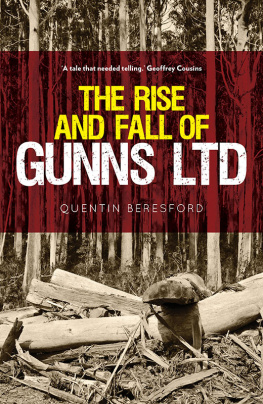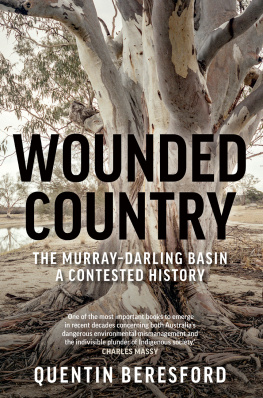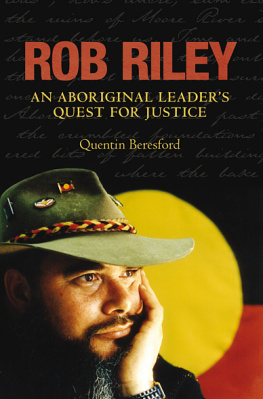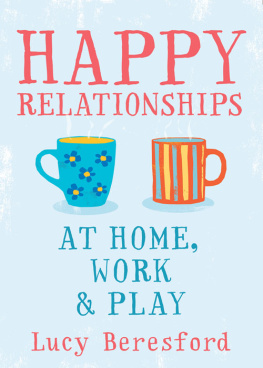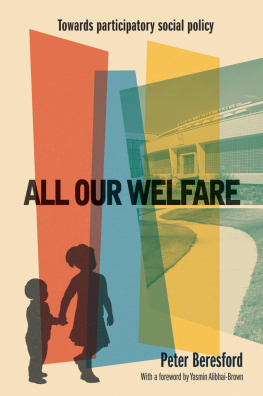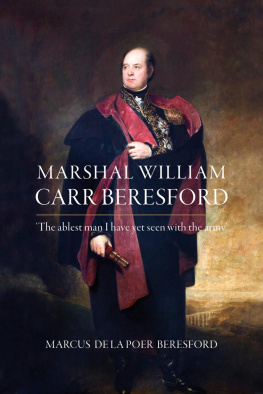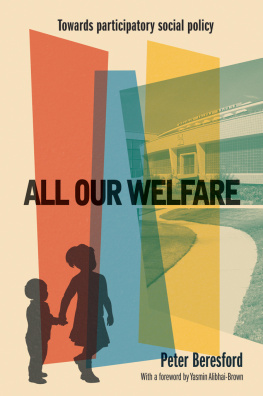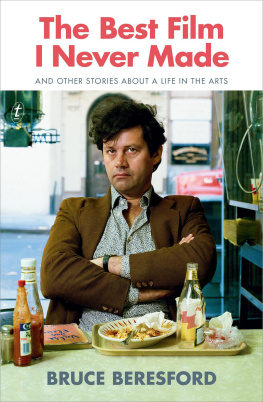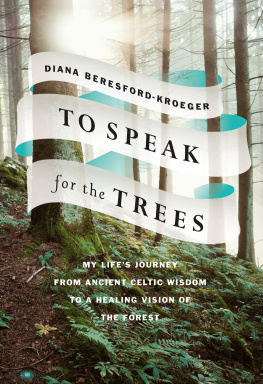Quentin Beresford - Our State of Mind
Here you can read online Quentin Beresford - Our State of Mind full text of the book (entire story) in english for free. Download pdf and epub, get meaning, cover and reviews about this ebook. year: 2021, publisher: Ligature, genre: Home and family. Description of the work, (preface) as well as reviews are available. Best literature library LitArk.com created for fans of good reading and offers a wide selection of genres:
Romance novel
Science fiction
Adventure
Detective
Science
History
Home and family
Prose
Art
Politics
Computer
Non-fiction
Religion
Business
Children
Humor
Choose a favorite category and find really read worthwhile books. Enjoy immersion in the world of imagination, feel the emotions of the characters or learn something new for yourself, make an fascinating discovery.

- Book:Our State of Mind
- Author:
- Publisher:Ligature
- Genre:
- Year:2021
- Rating:3 / 5
- Favourites:Add to favourites
- Your mark:
- 60
- 1
- 2
- 3
- 4
- 5
Our State of Mind: summary, description and annotation
We offer to read an annotation, description, summary or preface (depends on what the author of the book "Our State of Mind" wrote himself). If you haven't found the necessary information about the book — write in the comments, we will try to find it.
Our State of Mind — read online for free the complete book (whole text) full work
Below is the text of the book, divided by pages. System saving the place of the last page read, allows you to conveniently read the book "Our State of Mind" online for free, without having to search again every time where you left off. Put a bookmark, and you can go to the page where you finished reading at any time.
Font size:
Interval:
Bookmark:
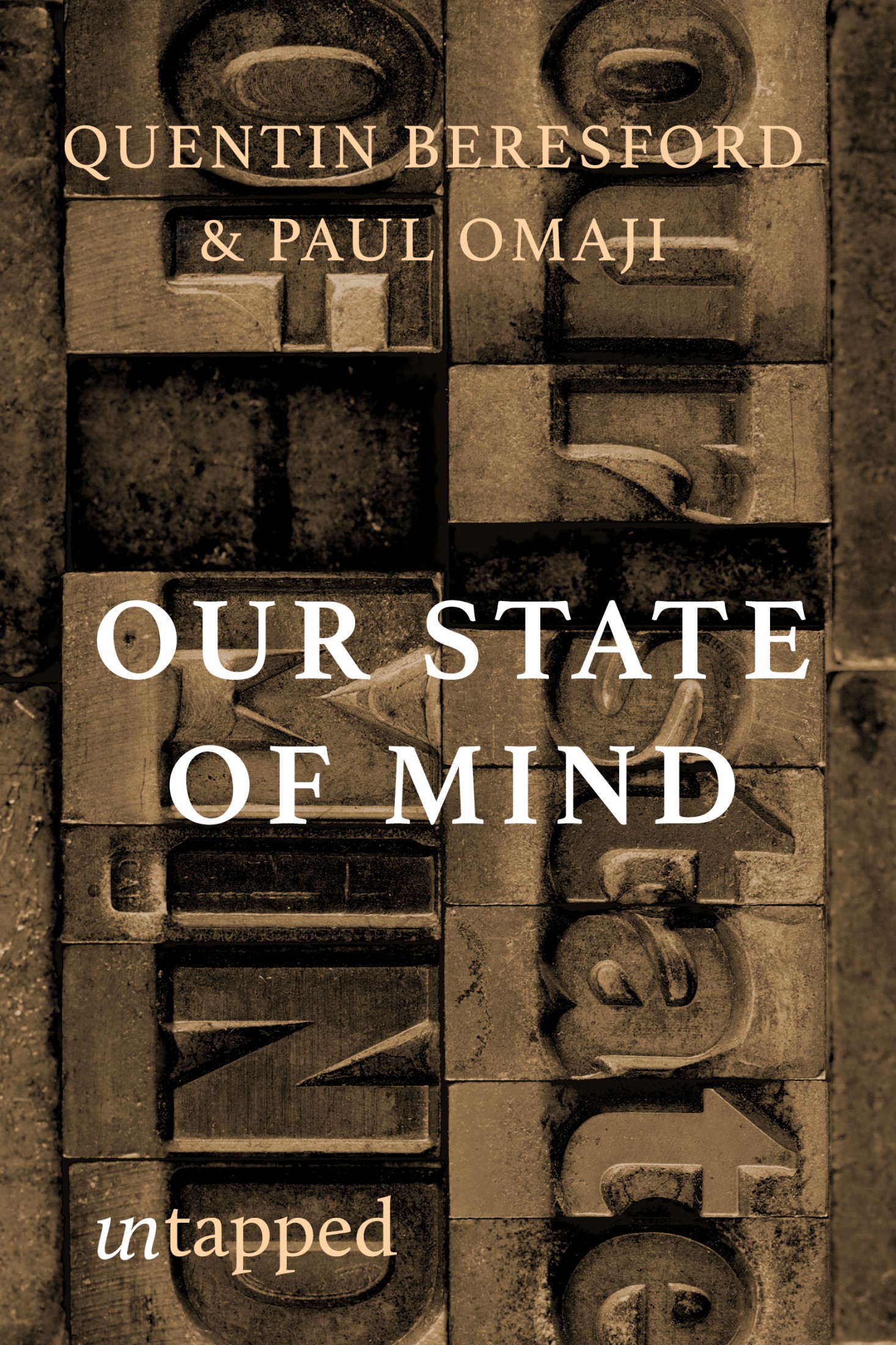
QUENTIN BERESFORD & PAUL OMAJI
OUR STATE OF MIND
RACIAL PLANNING AND THE STOLEN GENERATIONS

About Untapped
Most Australian books ever written have fallen out of print and become unavailable for purchase or loan from libraries. This includes important local and national histories, biographies and memoirs, beloved childrens titles, and even winners of glittering literary prizes such as the Miles Franklin Literary Award.
Supported by funding from state and territory libraries, philanthropists and the Australian Research Council, Untapped is identifying Australias culturally important lost books, digitising them, and promoting them to new generations of readers. As well as providing access to lost books and a new source of revenue for their writers, the Untapped collaboration is supporting new research into the economic value of authors reversion rights and book promotion by libraries, and the relationship between library lending and digital book sales. The results will feed into public policy discussions about how we can better support Australian authors, readers and culture.
See untapped.org.au for more information, including a full list of project partners and rediscovered books.
Readers are reminded that these books are products of their time. Some may contain language or reflect views that might now be found offensive or inappropriate.
To our parents
Rex William Beresford (192064) and Audrey and Bruce Piggott
Omaji Akwu (who passed away in 1997) and Ataidu Omaji
Contents
Preface
The genesis of this book lay in the work we began in 1993 on Aboriginal juvenile crime which was published in 1996 as Rites of Passage: Aboriginal Youth Crime and Justice. In the lives of Aboriginal youth who were in trouble with the law, we were confronted with the intergenerational effects of assimilation. Many of the serious and repeat offenders came from a family background where the parents and/or grandparents had been removed by government, leaving a trail of family dysfunction. In the early 1990s there was no comprehensive study which traced either the history of this policy or its effects on Aboriginal family life. This became our objective.
Since beginning research in this area in 1993, several important materials have become available. In 1995 the Aboriginal Legal Service of Western Australia produced Telling Our Story which documented the histories of several hundred survivors of removal. The Service also made an extensive submission to the Human Rights and Equal Opportunity Commission Inquiry into the stolen generations, titled After the Removal. The Commissions own report was published in 1997 as Bringing Them Home. We have been able to draw on the valuable information in each of these publications, and refer those people wishing to gain greater insights into the personal stories of Aborigines removed from their families to these documents.
This book, while complementing the work of the abovementioned organisations, differs substantially in scope and purpose. It is not our intention to speak for the stolen generations. Only those who have lived through such harrowing experiences can adequately explain what it feels like to lose a family, a culture and a sense of identity. Rather, our purpose is to bring into one accessible volume an understanding of the reasons why this policy was introduced and maintained and to show some of its longstanding effects. Our principal purpose is to inform the broader community and other researchers about this tragic episode so that people can be better equipped to understand the past, its effect on the present, and the need for reconciliation.
Our account of the policy of removal is grounded in extensive archival research around which we have built an interpretative framework to examine why Australia held such unshakeable faith in it. In addition, we have conducted a number of interviews with Aboriginal people subjected to forced removal. These stories are used to bring the human face to our account; to link the operation of the policy with the people upon whom it impacted. This book provides a crucial reminder that the policy of removing children forms part of the life experience of many Aboriginal people living today. As well, we interviewed some key officials who had a close working involvement with assimilation, who provided many valuable insights into its operation.
It remains for us to thank the people without whose assistance this book could not have been completed. Trish Hill-Keddie, Sandra Hill, Phillip Prosser and Rosalie Fraser gave generously of their time for extended interviews about their experiences as Aboriginal children removed from their families. We also appreciate the comments Trish Hill-Keddie, Sandra Hill and Phillip Prosser made on the draft manuscript.
Invaluable material was also obtained from a range of Aboriginal and non-Aboriginal people who were prepared to share their knowledge with us. In particular we would like to thank: Gary Bowler, Gwen Byrne, Frank Gare, Marcia Greer, Bob Hewie, Elsie Hume, Roma Loo, Lena McGrath, Lorry Sims, Heather Vincetti and Maisie Weston.
For assistance in research we would like to express our appreciation to the library staff of the Aboriginal Affairs Department and the State Library.
This book also benefited from discussions with a number of people including Mary Dalyell, staff at the Aboriginal Legal Service, colleagues at Edith Cowan University, and many of our friends. We thank them for their interest.
Our families provided invaluable assistance and encouragement throughout the two years it has taken to complete this project. Our thanks go to Marilyn, Michelle and William Beresford; and Alice, Ruth, Reuben, Timothy and Tabitha Omaji.
Finally, we are immensely grateful for the commitment shown in this project by Fremantle Arts Centre Press and to the helpful advice and editorial skills provided by Ray Coffey.
Introduction
Experiencing The Policies Of Child Removal
We took the children from their mothers, acknowledged the then Prime Minister of Australia, Paul Keating, in December 1992 during a landmark speech about reconciliation. Visiting the inner-city Sydney suburb of Redfern, only a few kilometres from the site of the first landing of European settlers, Keating expressed the most heartfelt and extensive recognition of the historical injustices against Aborigines ever made by an Australian prime minister. Never before had the nations leader asked so pointedly for its people to confront the past and its legacy. Of its terrible treatment of Aboriginal people, he said, We failed to askhow would I feel if this were done to me? There could be few more appropriate comments by which to acknowledge the removal of Aboriginal children from their families. The policy that gave rise to the removal was undoubtedly, as we shall show, one of the most cruel expressions of the prevailing belief in white superiority. By drawing such public attention to this policy, Keating reflected the struggle of other non-Aboriginal Australians who were beginning to ask profound questions about its origin and impact.
Since Keatings Redfern speech many Australians have been challenged to recognise the injustice done. Most Australians who lived through the assimilation era had absorbed the thinking that the policy was for the long-term good of Aboriginal children. Many of this generation still think that the loss of these childrens families was a small price to pay for the benefit of gaining access into white society, as if this justified the policy. More recent generations have faced a different problem coming to terms with the sudden attention given to the stolen generations. They know little or nothing about the origins and impact of the policy; it was not part of the school curriculum and rarely, if ever, did it feature in the media, whose coverage of Aboriginal issues in the 1970s and 80s focused predominantly on the struggle for land rights and Aboriginal ill-health, poverty and crime. Archie Roachs poignant 1990 songTook the Children Awaybrought this issue to the attention of a new generation.
Font size:
Interval:
Bookmark:
Similar books «Our State of Mind»
Look at similar books to Our State of Mind. We have selected literature similar in name and meaning in the hope of providing readers with more options to find new, interesting, not yet read works.
Discussion, reviews of the book Our State of Mind and just readers' own opinions. Leave your comments, write what you think about the work, its meaning or the main characters. Specify what exactly you liked and what you didn't like, and why you think so.

